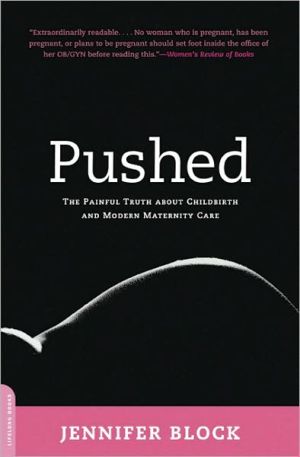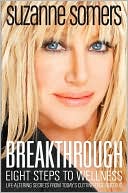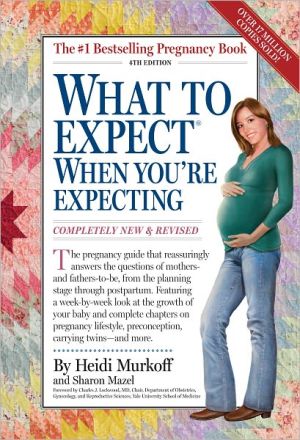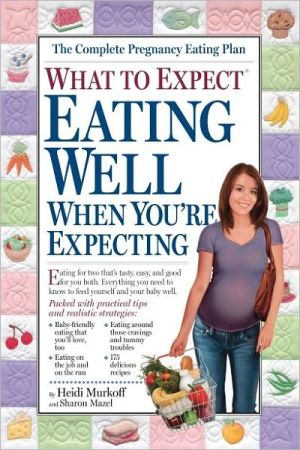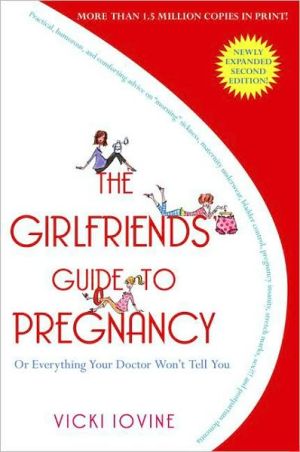Pushed: The Painful Truth About Childbirth and Modern Maternity Care
A groundbreaking narrative investigation of childbirth in the age of machines, malpractice, and managed care, Pushed presents the complete picture of maternity care in America. From inside the operating room of a hospital with a 44% Cesarean rate to the living room floor of a woman who gives birth with an illegal midwife, Block exposes a system in which few women have an optimal experience. Pushed surveys the public health impact of routine labor inductions, C-sections, and epidurals, but...
Search in google:
A provocative and incisive analysis of medical intervention at childbirth-an experience that has become the American norm, even as women seek more choice BOLD Book Club [Block] really gets that maternity care is a woman's issue that all people should care about, not just mothers, and she has no agenda through a birth experience or professional work in maternity care. Pushed shines a spotlight on maternity care and asks important questions about the standard practices in America.
Acknowledgments xiPreface to the Paperback Edition xiiiIntroduction xviiArranged Birth 1The Short Cut 45Denied Birth 73Consequences 109Mothers' Helpers 149Underground 177Criminalized 213Rights 249Appendix A 273Appendix B 277Notes 279Index 301
\ Kansas City StarThis is a worthwhile book for anyone who cares about reforming our health-care system-right from the start.\ \ \ \ \ BOLD Book Club[Block] really gets that maternity care is a woman's issue that all people should care about, not just mothers, and she has no agenda through a birth experience or professional work in maternity care. Pushed shines a spotlight on maternity care and asks important questions about the standard practices in America.\ \ \ Publishers WeeklyAccording to writer and editor Block (Our Bodies, Ourselves), "the United States has the most intense and widespread medical management of birth" in the world, and yet "rank[s] near the bottom among industrialized countries in maternal and infant mortality." Block shows how, in transforming childbirth into a business, hospitals have turned "procedures and devices developed for the treatment of abnormality" into routine practice, performed for no reason other than "speeding up and ordering an unpredictable... process"; for instance, the U.S. cesarean section rate tripled in the 1970s and has doubled since then. Block looks into a growing contingent of parents-to-be exploring alternatives to the hospital-and the attendant likelihood of medical intervention-by seeking out birthing centers and options for home birth. Unfortunately, obstacles to these alternatives remain considerable-laws across the U.S. criminalizing or severely restricting the practice of midwifery have led trained care providers to practice underground in many states-while tort reform has done next to nothing to lower malpractice insurance rates or improve hospital birthing policies. This provocative, highly readable exposé raises questions of great consequence for anyone planning to have a baby in the U.S., as well as those interested or involved in women's health care. (June)\ Copyright 2007 Reed Business Information\ \ \ \ \ Kirkus ReviewsSome terrible truths about being born in the USA. Were there ever any doubts as to the personal being political, this former editor at Ms. and editor of the revised Our Bodies, Ourselves convincingly lays them to rest in a gripping expose of American obstetrics. With extensive field research and thorough historical contextualization, Block reveals some disturbing statistics in this country's birth management and shows how medical views of birth are as subject to change as the whims of fashion. Current interventionist trends in obstetrician-centered care have yielded the ironic phenomenon of natural childbirth in the U.S. becoming an almost anomalous event. Block shows that, in the United States, "well over half of labors are chemically induced or augmented," and "two-thirds of women have their water broken manually"; two years ago, nearly a third of women gave birth by cesarean section, and of those delivering vaginally, another third had an episiotomy. Yet preterm births are rising, cerebral palsy rates remain constant and "women are 70% more likely to die in childbirth in the United States than in Europe." Why? Because, Block argues, what's deemed safe changes: "In the age of evidence-based medicine . . . care is constrained and determined by liability and financial concerns, by a provider's licensing regulations and malpractice insurance. The evidence often has nothing to do with it." Somewhere along the line, probably when barring midwives from the delivery room came into vogue, the notion that "what's best for women is best for babies" was lost; that message Block hopes to deliver anew to her readers. A provocative and hotly controversial analysis of a side of reproductive rightsfeminism seems to have forgot. Agent: Elizabeth Kaplan/Elizabeth Kaplan Literary Agency\ \
